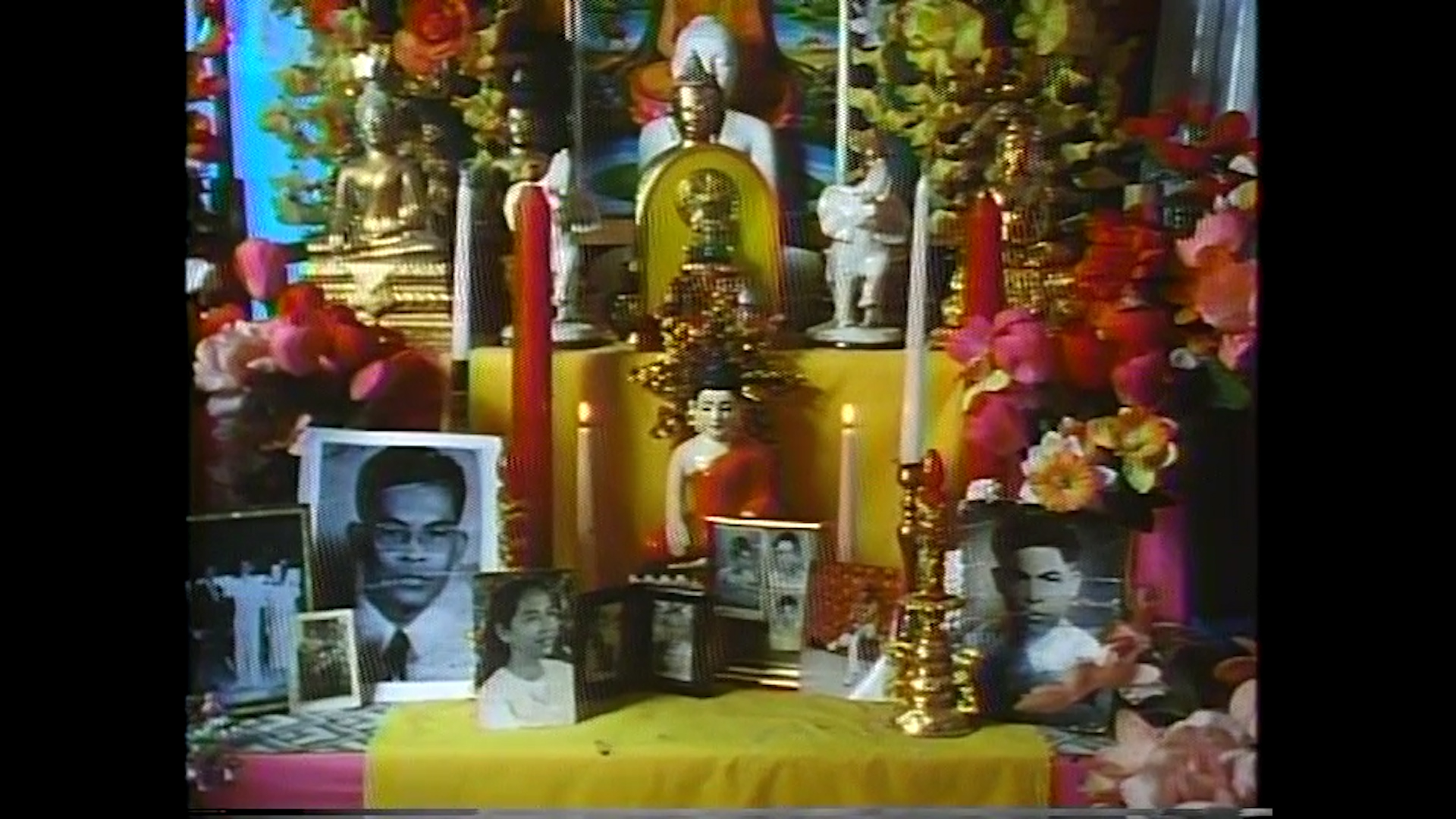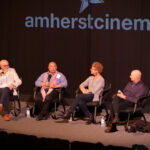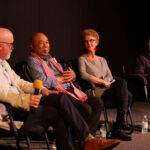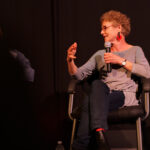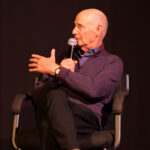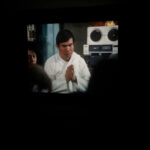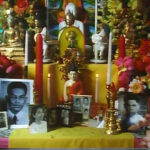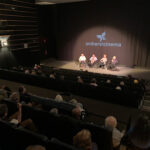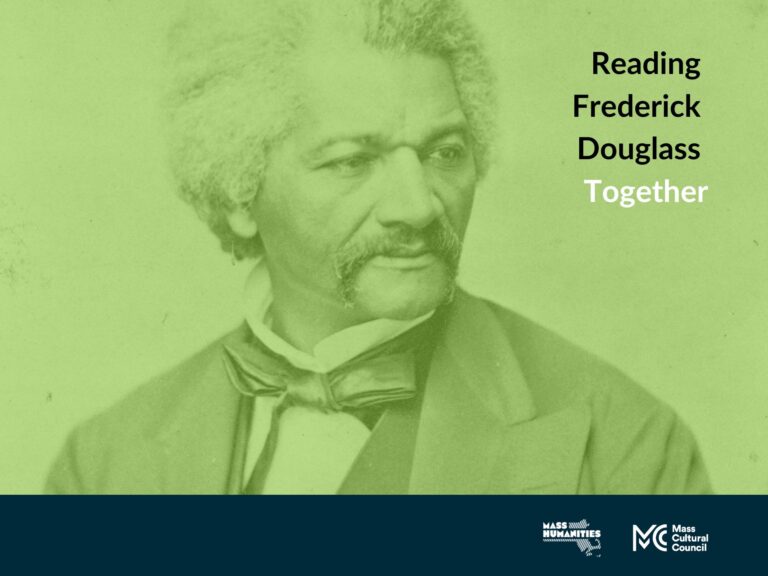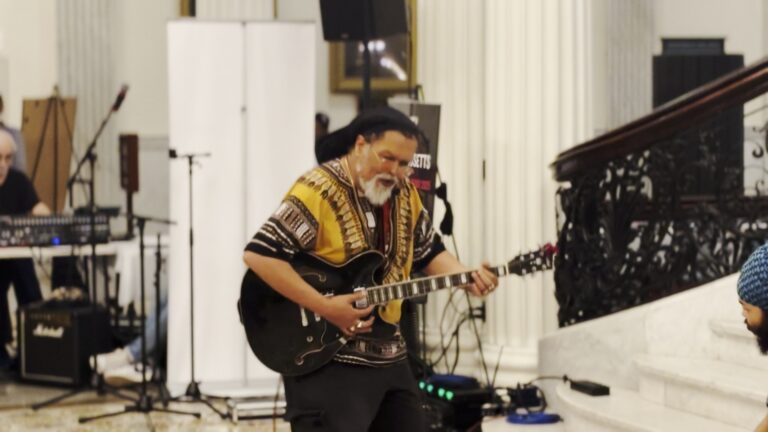In 1991, filmmakers Larry Hott and Claudia Levin produced Rebuilding the Temple: Cambodians in America. The film explores the impact of Buddhism on the assimilation of Cambodians in America, as well as the generational trauma induced by the brutality of the Khmer Rouge.
In early May of 2024, the Amherst Historical Society held a public screening of Rebuilding the Temple at Amherst Cinema in Amherst, Massachusetts. The event was designed to spark conversation about Cambodian history, culture, and identity leading up to the debut of a new exhibit at the Amherst Historical Museum titled “Cambodians in Amherst: A History of the Khmer Community,” which is partially funded by an Expand Massachusetts Stories grant. The exhibit is on display through November 2024 and includes oral histories, photos, archival documents, art and artifacts, and footage of Khmer television programs.
Following the film screening, Hott and Levin were joined by Sokhen Mao, a Cambodian community leader based in Amherst, for a panel discussion. Mao noted that Rebuilding the Temple functions as a type of memorial, and has gradually become a touchstone for learning about Cambodian culture and history. Levin said she was struck by the poetic nuances found in commentary provided by community elders in the film, as well as the reflections on trauma that interview subjects shared about escaping the Khmer Rouge. Hott reflected on the idea of being “stuck between two worlds”, a sentiment expressed by many of the younger speakers featured in the film.
“It’s called Rebuilding the Temple because it’s both a metaphor for actual, literal temples that they were building, and also rebuilding the lives that they lost in Cambodia.” —Larry Hott
Listen to a conversation between Larry Hott and Sokhen Mao on WHMP radio and Larry Hott reflecting on the film on WHMP radio.

